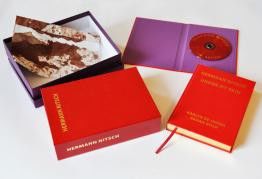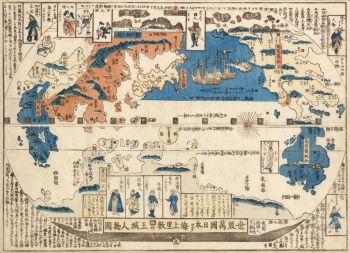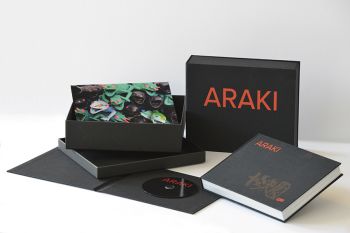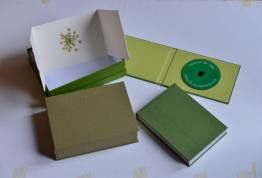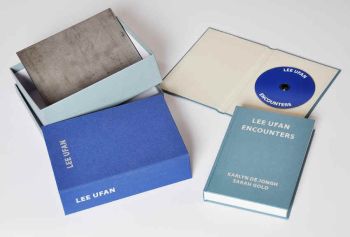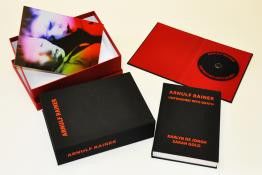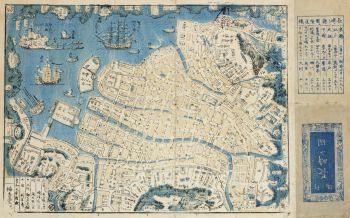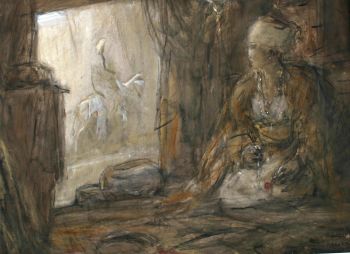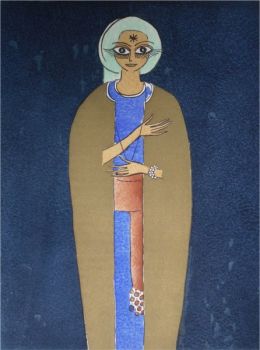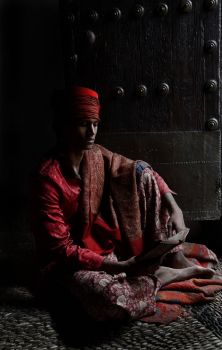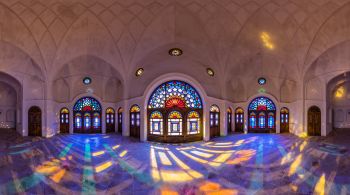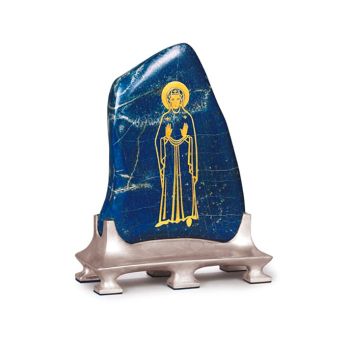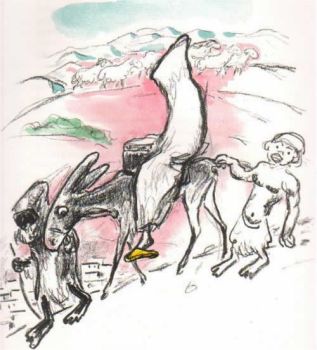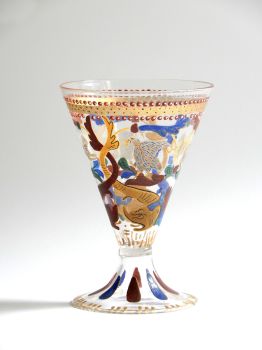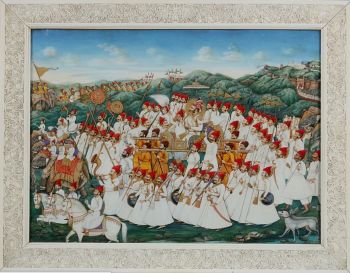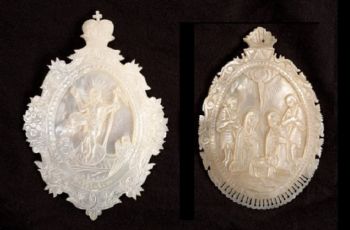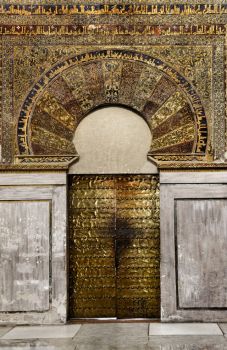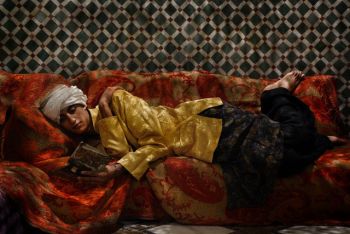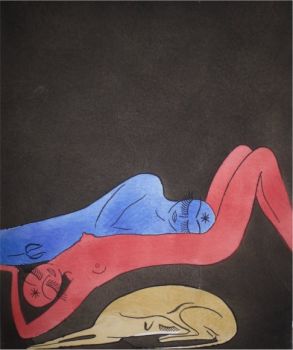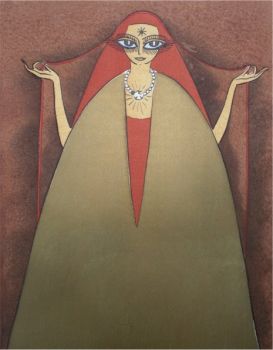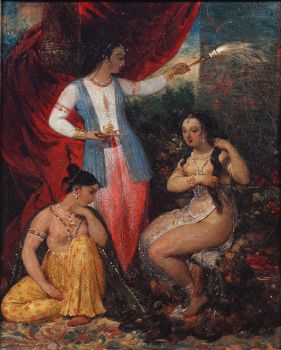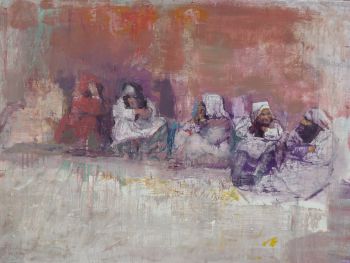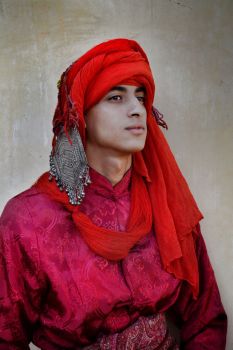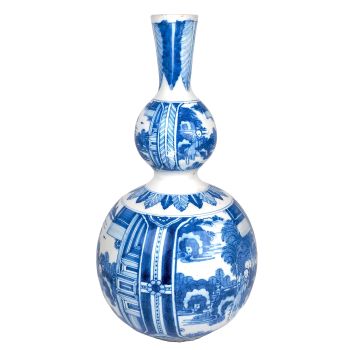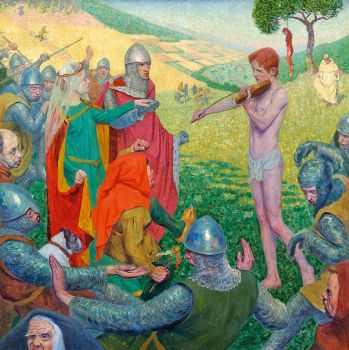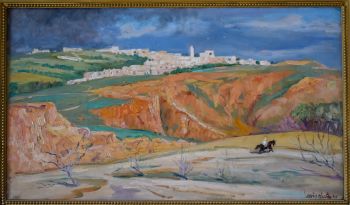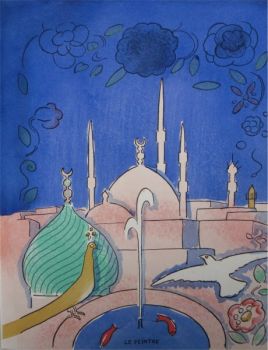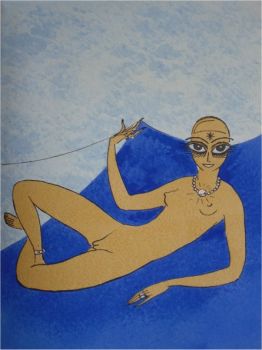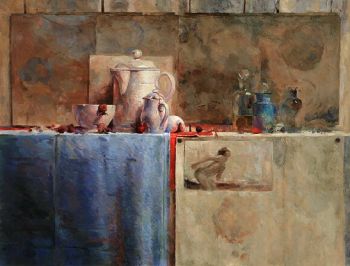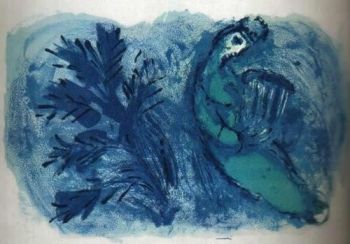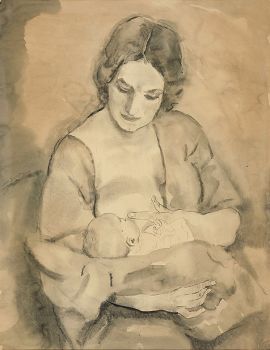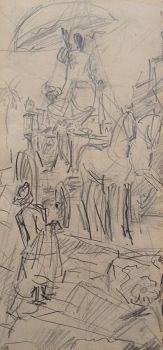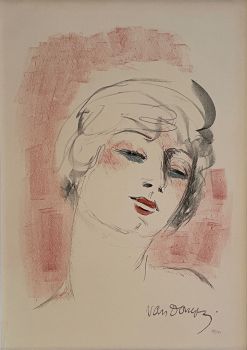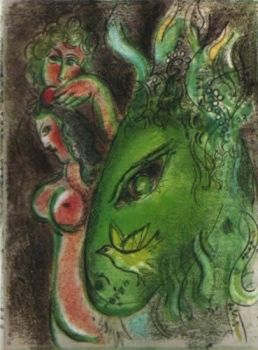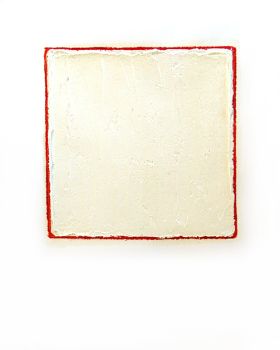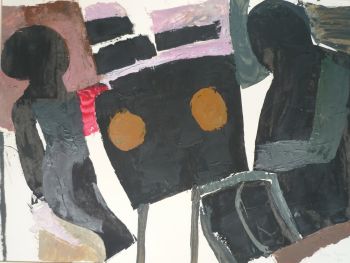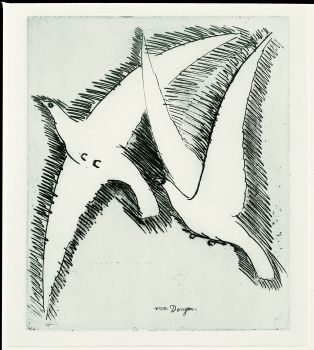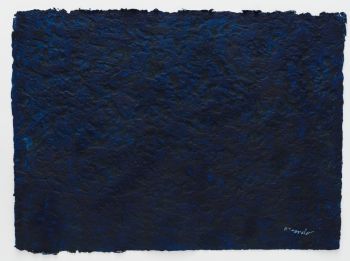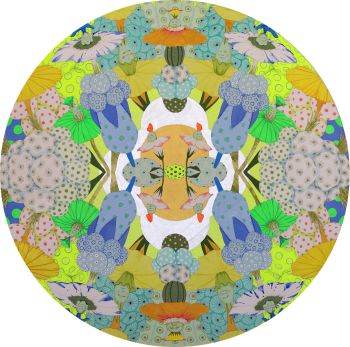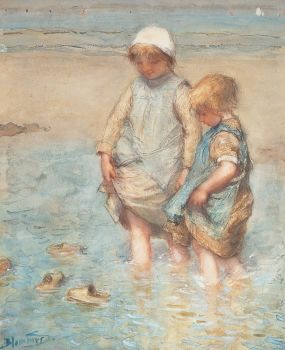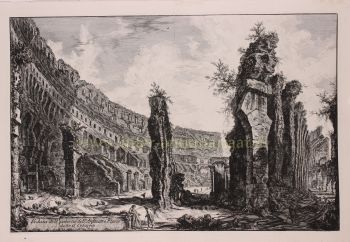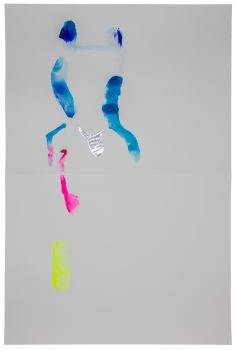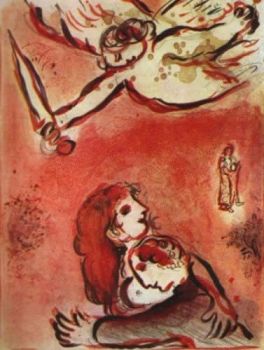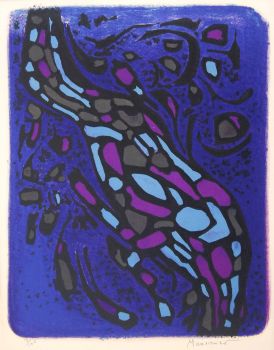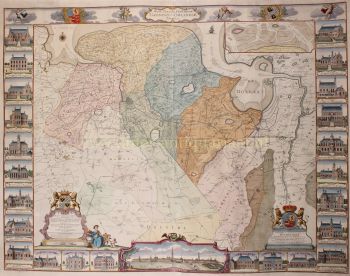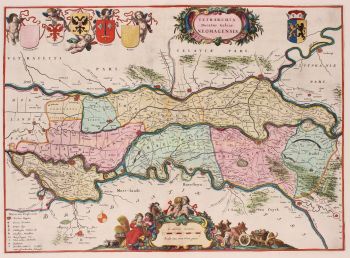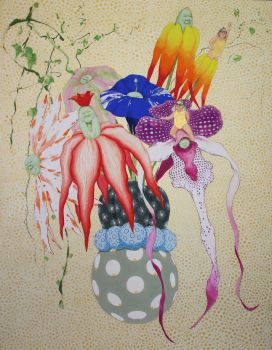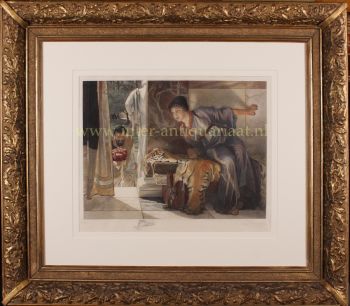Pococke's celebrated edition of Abu'l-Faraj's Islamic history "It is his greatest work, and of perma 1806
Edward Pococke
TintaPapel
Atualmente indisponível via Gallerease
- Sobre arteSpecimen historiae arabum; ... Accessit historia veterum Arabum ex Abu'l Feda: cura Antonii I. Sylvestre De Sacy. Edidit Josephus White, ...
Oxford, Clarendon Press [= Oxford University Press], 1806.
4to. Title-page with engraved view of the Clarendon Building, aquatint author's portrait and 1 full-page etched plate. Contemporary boards.
Second edition of Pococke's elaborate Specimen historiae Arabum, an excerpt from Abu'l-Faraj's Islamic history, in Arabic and Latin. The excerpt is "accompanied by a lengthy commentary (printed first in 1648) illuminating Islamic history, geography, mythology, religion, and literature from a wealth of sources, mostly unpublished and previously unknown in Europe. It represents a revolution in Arabic studies, being Pococke's attempt to show that far from being a mere ancillary to biblical exegesis, Arabic literature (in the widest sense) was worthy of study in its own right in the same way that classical cultures were. It is his greatest work, and of permanent scholarly value" (Toomer). Abu'l-Faraj's account is followed by unpublished fragments, in Arabic, of Abu'l-Fida's account of pre-Islamic Arabia, edited by Sylvestre de Sacy.
From the library of the Ducs de Luynes, with their bookplate on pastedown. Foxed, leaf Y4 with tear, otherwise in very good condition and wholly untrimmed.
Schnurrer 169; for Pococke: Toomer, "Pococke, Edward (1604-1691)", in: ODNB (online ed). - Sobre artistaEdward Pocock, o orientalista, nasceu em 1604 em Oxford, em uma casa perto do Angel Inn, na paróquia de St. Peter-in-the-East, e lá foi batizado em 8 de novembro de 1604. Seu pai, Edward Pocock Senior, matriculado (como 'pleb. fil.' de Hampshire) no Magdalen College em 1585, foi desmembrado de 1585 a 1591, manteve uma bolsa de 1591 a 1604, prosseguiu BA 1588, MA 1592 e BD 1602. Um ano depois, ele foi nomeado Vigário de Chieveley em Berkshire, onde a família viveu por pelo menos cem anos. Com sua esposa, Grace, irmã de Henry Greatham, Edward Sênior criou seis filhos e duas filhas. Duas outras filhas morreram muito jovens. Embora achasse o Islã uma fé falsa, ele também queria desacreditar a polêmica grosseira, as invenções e o folclore que representavam erroneamente o Islã e Maomé. Ele ajudou a ser pioneiro no uso de fontes primárias, bem como no trabalho de campo em contextos muçulmanos. Sua defesa da filosofia muçulmana como um objeto de estudo digno o impediu de reduzir o Islã a aspectos legalistas, embora não tivesse interesse no Islã como uma fé viva. Ele tendia a abordar o Islã como fazia com os textos antigos, como de interesse mais histórico do que contemporâneo. Ele tinha relativamente poucos alunos e, como escrevia em latim, sua abordagem não impactou o público em geral. No entanto, ele estabeleceu padrões para o estudo acadêmico do Islã que muito contribuíram para corrigir erros do passado, tornando a calúnia e a invenção inaceitáveis. Ele fez uma contribuição significativa para o conhecimento da história do Islã no Ocidente. Pococke deve ser contado entre os fundadores dos estudos árabes e islâmicos na academia ocidental, junto com os homens que primeiro ocuparam as cátedras fundadas em Cambridge (1633), Paris (1535) e Leiden (1613).
Artwork details
Categoria
Assuntos]
Material e Técnica
Related artworks
Tilmanus Nicolaus Maastricht
Missale Romanum com montagens de prata holandesa1788 - 1792
Preço em pedidoJacob J. Roosjen SRI
Engelbert Kaempfer
LIVRO ENGELBERT KAEMPFER1651 - 1716
Preço em pedidoZebregs & Röell - Fine Art - Antiques
LAWRENCE WEINER
"SKIMMING THE WATER [MENAGE A QUATRE]" Signed book plus small artwork2010 - 2014
Preço em pedidoGallerease Selected
Engelbert Kaempfer
LIVRO ENGELBERT KAEMPFER1651 - 1716
Preço em pedidoZebregs & Röell - Fine Art - Antiques
Tilmanus Nicolaus Maastricht
Missale Romanum com montagens de prata holandesa1788 - 1792
Preço em pedidoJacob J. Roosjen SRI
1 - 4 / 22Elisabeth Treskow
Lápis-lazúli afegão incrustado com ouro em um suporte de prata1950 - 1960
Preço em pedidoJacob J. Roosjen SRI
Artista Desconhecido
IMPORTANTE E RARA GRANDE PINTURA DE 'ESTILO DE EMPRESA' ÍNDIO EM MARFIM QUE REPRESENTA UM DESFILE1850 - 1900
Preço em pedidoZebregs & Röell - Fine Art - Antiques
 Com curadoria de
Com curadoria deDanny Bree
1 - 4 / 24Bernardus Johannes Blommers
SPELENDE VISSERSKINDEREN1845 - 1914
Preço em pedidoGalerie Het Noorderlicht
1 - 4 / 24

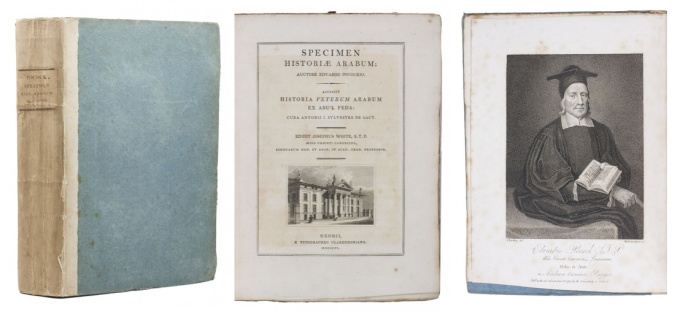





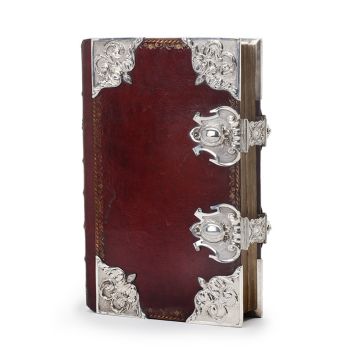
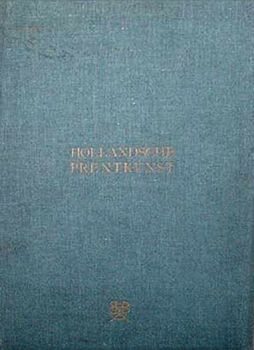
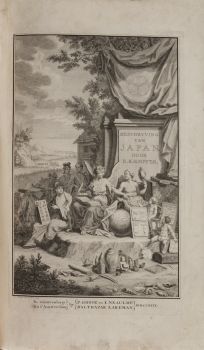
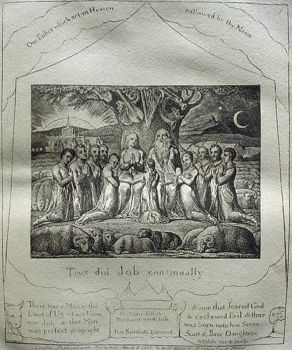
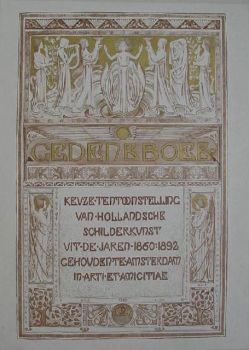
!["SKIMMING THE WATER [MENAGE A QUATRE]" Signed book plus small artwork by LAWRENCE WEINER](https://media-2.gallerease.com/images/442bfd5f-fc31-4e18-a2fa-ee0c08eade64/350x350/skimming-the-water-menage-a-quatre-signed-book-plus-small-artwork.jpg)

